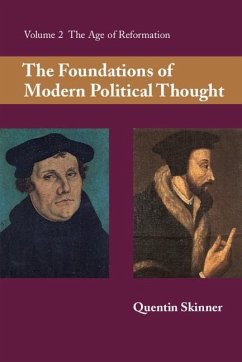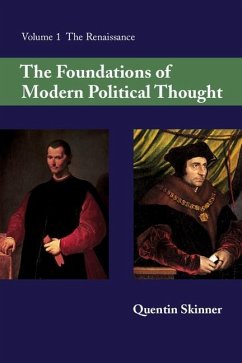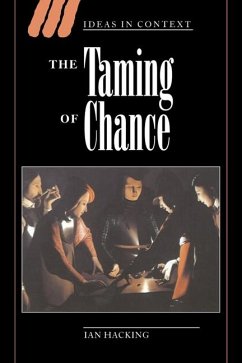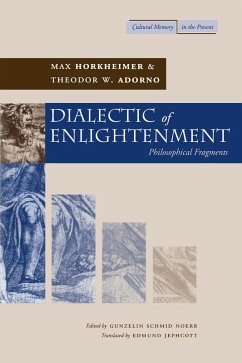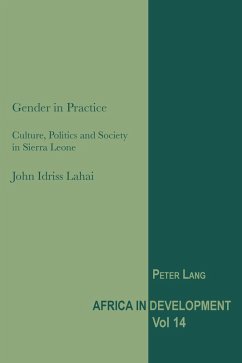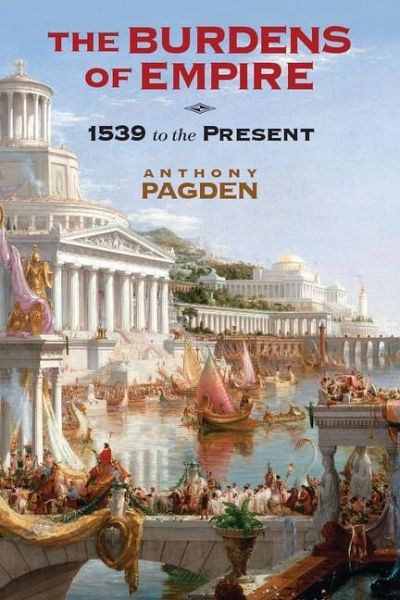
Burdens of Empire (eBook, ePUB)
1539 to the Present
Versandkostenfrei!
Sofort per Download lieferbar
16,95 €
inkl. MwSt.
Weitere Ausgaben:

PAYBACK Punkte
8 °P sammeln!
Despite the long history of debate and the recent resurgence of interest in empires and imperialism, no one seems very clear as to what exactly an empire is. The Burdens of Empire strives to offer not only a definition but also a working description. This book examines how empires were conceived by those who ruled them and lived under them; it looks at the relations, real or imagined, between the imperial metropolis (when one existed) and its outlying provinces or colonies; and it asks how the laws that governed the various parts and various ethnic groups, of which all empires were made, were ...
Despite the long history of debate and the recent resurgence of interest in empires and imperialism, no one seems very clear as to what exactly an empire is. The Burdens of Empire strives to offer not only a definition but also a working description. This book examines how empires were conceived by those who ruled them and lived under them; it looks at the relations, real or imagined, between the imperial metropolis (when one existed) and its outlying provinces or colonies; and it asks how the laws that governed the various parts and various ethnic groups, of which all empires were made, were conceived and interpreted. Anthony Pagden argues that the evolution of the modern concept of the relationship between states, and in particular the modern conception of international law, cannot be understood apart from the long history of European empire building.
Dieser Download kann aus rechtlichen Gründen nur mit Rechnungsadresse in A, B, BG, CY, CZ, D, DK, EW, E, FIN, F, GR, HR, H, IRL, I, LT, L, LR, M, NL, PL, P, R, S, SLO, SK ausgeliefert werden.




